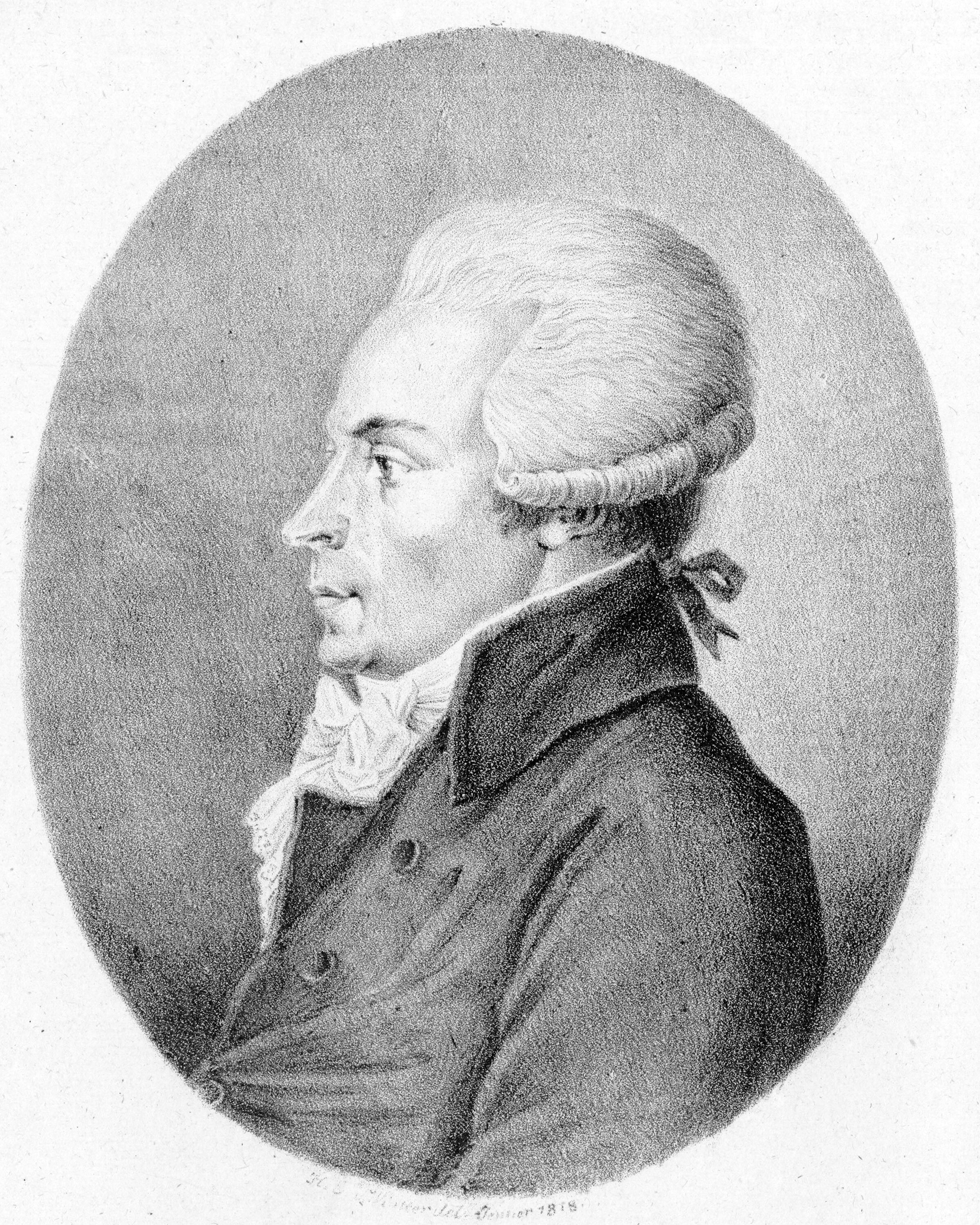Antonín Rossler-Rosetti
1750 – June 30, 1792, born Franz Anton Rösler, changed to Italianate form by 1773)
classical era composer and double bass player, and was a contemporary of Haydn and Mozart.
Piano Concerto G Major, Murray C3/Kaul III:2
Nerine Barrett (piano), Stuttgarter Kammerorchester, Johannes Moesus (conductor)
1.Allegro con brio – 00:00
2.Adagio non troppo – 11:06
3.Rondo. Allegretto – 17:19
Piano Concerto in G-major, Murray C2 (c.1783)
Mov.I: Allegro molto 00:00
Mov.II: Romance: Adagio non tanto 08:06
Mov.III: Rondo: Allegretto 11:14
Pianist: Christine Schornsheim (plays on a Stein, Augsburg, 1788)
Orchestra: Berliner Barock-Compagney
Rosetti was born around 1750 in Litoměřice, a town in Northern Bohemia.
“Rosetti spent the majority of his career in the employ of the Prince of Oettingen-Wallerstein in what is now Southern Germany. Rosetti achieved a good amount of renown during his own lifetime as a composer, with premiers of his works in Paris, London and Vienna, and was even asked to provide the requiem that was played at Mozart’s funeral in 1791. Christian Friedrich Daniel Schubart referred to him as „one of the most popular composers of our time” as early as 1784. Other contemporaries praised Rosetti's sense of form, his contrapuntal finesse, bold chromaticism and highly imaginative instrumentation, putting him on a par with Haydn and Mozart. His lyrical talent and frequent flashes of humour made Rosetti's music generally popular. Rosetti's slow movements in particular anticipated the Romantic era, yet his music was forgotten after 1800.
At the time of his death, over half of his more than 800 compositions had been published (385). He was also lucky enough to hold a relatively stable court position, where the Prince paid for a trip for Rosetti to travel to Paris and seek out publishing/performance opportunities for his symphonies. And yet, at the same time, throughout his tenure in Wallerstein, Rosetti was constantly in financial debt, begging the Prince for loans, and in return being asked to perform more duties as part of his job description without additional financial compensation. At long last, in 1789, Rosetti successfully applied for a very comfortable job at the nearby court of Mecklenburg-Schwerin, only to tragically die three years later, unable to fully take advantage of the benefits of such a relatively luxurious post.” (By Sterling E. Murray. Rochester: University of Rochester Press, 2014)
